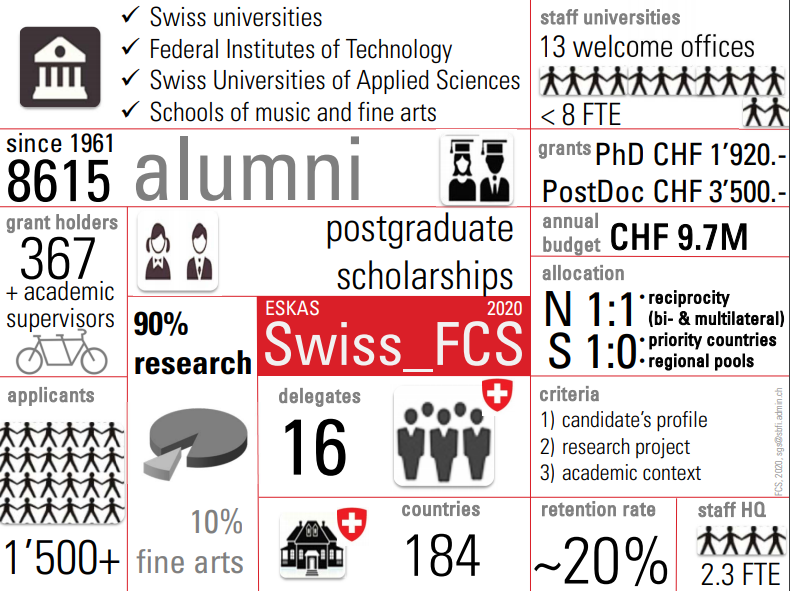Online submission of documents to the university 2021
Meet European universities online! Now is probably not the best time to travel, but it is very good for planning. Discover learning opportunities in Europe and Canada! Communicate with representatives of European universities. Free application.We are the largest directory in terms of the number of universities represented in Europe. Using the Kudapostupat system, you can send an application or request information from the representatives of the universities represented in our catalog. Contact the admissions office of the university and get comprehensive information about the curriculum.
Our goal is to make easier the process of finding, selecting and the application to the university. Contact European universities online!Now is probably not the best time to travel, but it is very good for planning. Discover study opportunities in Europe and Canada! Communicate with representatives of European universities. Follow our announcements in the calendar of events on the main page. Free consultations.
12 myths about education abroad
Probably, each of us has heard that education abroad is a privilege of the rich, that the language barrier will not allow our students to study at the proper level, that budget places in universities are only for the chosen ones and many, many other horrors. And what if we say that these are all myths? In this article, we will expose the 12 most common myths about higher education abroad, and leave all the fears and misunderstandings in the past.
Myth №1 – studying abroad is very expensive
No wonder this thesis occupies the first position in our list – this is the most common misconception about education abroad. For some reason, our people are accustomed to believing that only very wealthy people can get higher education abroad, and that the amount of annual tuition is unheard of.
Let’s start with the fact that many countries provide absolutely free tuition for international students. These include Germany, Poland, Greece, the Czech Republic and many other post-Soviet countries. Moreover, some of the universities even offer scholarships for the most gifted students. Of course, there are countries where higher education is expensive (UK, Finland, Sweden), but these are rare examples, while more budget options are more common.
Myth №2 – it is impossible to enter a foreign university without relations or bribes
Admission to any higher education institution is a very nervous and energy-intensive event. Of course, it is impossible to enter the university without making an effort, so the entrant will have to thoroughly prepare for the entrance exams and the ]interview. But this does not mean that it is impossible to enter the university, since the main thing is diligence and hard work. In order to have a better chance to enter a foreign university without any problems, it is necessary to learn the local language in advance – this can be the factor on the basis of which you will be chosen from all the candidates.
Moreover, our students can get a budget place at a foreign university in Europe. For example, in Austria, Poland and Slovenia, only a high average grade point is required.
Myth №3 – do not even try to enter without languages skills
Not all countries have such a strict restriction for applicants. Some universities are willing to accept students who do not know the local language, but, for example, speak English. Other universities provide the opportunity for foreigners to take language courses while they study. Do not worry that you will stand out from other students, or that you will not be able to learn a foreign language. Being in an environment where it is constantly necessary to communicate with native speakers, and where there are many students from different parts of the world, a period of adaptation occurs very quickly. You will not notice soon that you begin to understand the basic conversational phrases, and then you will be able to maintain the conversation. It’s all a matter of time – you should not give up studying abroad, just for fear of being misunderstood.
Myth №4 – you can enter a foreign university only after studying for a few years at university at home
Another common mistake. Undoubtedly, there are universities whose program is designed for the knowledge that our graduate can get only in the first year of university, and therefore you can enter there only with a statement of delivery of certain subjects. But such universities are a minority, and you should carefully read all the information on the selected university before applying to it. At the same time, if a student studies for a few years at a national university and then decides to study abroad, he may not expect to continue his studies at higher courses – he will have to start all over again. That is, after completing two courses at home, a student can not continue to study abroad in the third year – he will have to start with the first. But, having received a bachelor’s degree, a graduate can begin to study for a master’s degree, the same applies to graduate school.
Right after school, our graduates will be gladly accepted in Poland, Austria, Greece, France, Spain, the Czech Republic, Slovenia and Slovakia.
Myth №5 – to study abroad – means to be alone
In fact, everything looks completely different. When you find yourself in a new, unfamiliar environment, at first everyone feels insecure and lonely, and this is absolutely normal. After a while, international students find friends with common interests, most often in a dormitory or on their own course. And most pleasantly, the friendship that arises at the university, usually continues to be maintained after graduation, for life.
Myth №6 – foreign students are not employed
Here it is important to clarify that the main thing in finding a job is not one’s residence, but knowledge of the local language. Many employers find it much cheaper to hire students because they are not taxed and do not need to be insured. So, with good language skills and a desire to work, you can easily earn extra money in any country.
Myth №7 – after 30 it is impossible to get an education abroad
This myth arose due to our common belief that sitting at a desk at 30 is a shame. In Europe, getting an education at 30, 35 and 50 is absolutely normal and even reasonable. After all, the main thing is to strive for knowledge and development, and age is just a number in the passport. No one will look down at an old student if he, like everyone else, tries and learns.
Myth №8 is a load that cannot be dealt with
Indeed, the first time after arriving in another country and with the start of training, it will be difficult to find time for something other than sleep. This is due not so much to the enormous workload that is given at the university, but to the period of adaptation to the new environment. This period passes quickly, and a person gets used to everything. After the first months of intensive study, the student will get into the rhythm so much that he will be able to find a part-time job.
Myth №9 – after graduation, a student is forcibly sent home
No one “forcibly” sends anyone home, especially since the country is interested in getting high-quality professionals. After graduation, the student is given from six months to a year (depending on the country) in order to find a permanent job and stay in the country legally. If this does not happen – yes, the student will have to return home. Also, after graduation, those students who studied on an exchange are obliged to leave the country, and in their contracts this item is spelled out as a separate condition.
Myth №10 – no one is happy about having emigrants
This loud statement has some grounds – indeed, many Europeans are very prejudiced against illegal immigrants, but this does not apply to university graduates. On the contrary, high-class professionals in any business will have recognition and respect, regardless of the past region of residence.
Myth №11 – education obtained abroad is worse than domestic
Where this myth came from is still unknown. European education is considered one of the best in the world, because it emphasizes more on the practical skills of students than on theory. Yes, in our universities, students study more diverse disciplines, which do not always have something to do with the main profile. Whether to consider it a plus is up to you. But it should be noted that education in Europe is aimed at training highly professional specialists, and if we compare graduates of the same profile at home and abroad, the difference will be significant, moreover, unfortunately, not in favor of home universities.
Myth 12 – if you study abroad, you will have to stay there
This myth echoes the myth that after graduation a student is immediately deported to his homeland. This is not true at all – it all depends on the student’s wishes. Some purposefully go to study abroad to be able to “catch” there and stay alive. But we should not forget that a specialist with a European education will be highly valued at home and will be able to build a great career.


 kudapostupat
kudapostupat














 353192
353192 





















